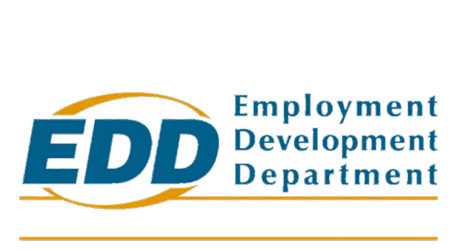
Payroll Taxes and California EDD Audits – Part 3 – Forms to Fill
This next installment of our Payroll Tax Blog will discuss the forms an employer must file in California to comply with federal (IRS) and state (EDD) payroll tax obligations. While California EDD Audits are a common challenge faced by businesses, a lack of payroll tax compliance is a common challenge in addition to EDD Audits. The IRS and California EDD require employers to file several forms throughout the year. This blog will provide an overview of the form filing requirements.
We preface our remarks by stating payroll compliance is complicated. If you are a business owner reading this blog, you should consider having a qualified payroll company manage your payroll and payroll tax compliance needs. While payroll companies cost money, a minor slip up with your payroll checks and/or tax compliance may cost even more. This blog is by no means a replacement for having a competent payroll company or tax professional handle your payroll tax compliance.
The IRS generally requires employers to File FICA (Form 941) returns quarterly on April 30th, July 31st, October 31st, and January 31st. FUTA (Form 940) returns are due each year on January 31st. Employers must also file W-2s and 1096 forms. Businesses with independent contractors may also need to file Form 1099s and possibly Form 945s. IRS Publication 15 provides more information on filing requirements and deadlines.
The California EDD has payroll tax filing requirements as well. The EDD DE-9 and DE-9C forms are due every quarter on April 30th, July 31st, October 31st, and January 31st like the IRS FICA (Form 941) returns. Please see the EDD’s California Employer’s Guide for complete information on form filing requirements and due dates.
Employers are required to make payroll tax deposits with the EDD or IRS shortly after each pay period. The due date depends on whether an employee is a semi-weekly depositor or monthly depositor. The terms semi-weekly depositor and monthly depositor can be misleading because they are not related to the frequency in which an employer pays its employees. An employer that pays its employees once a month may be a semi-weekly depositor and an employer paying its employees once a week may be deemed a monthly depositor.
Biweekly depositors must make their payroll tax deposits the following Wednesday if they pay their employees on a Wednesday, Thursday, or Friday. Tax deposits are generally due the following Friday if they pay their employees any other day of the week. Monthly depositors must make their deposits by the 15th of the month following the date they paid their employees. Monthly depositors are generally employers that have less than $50,000 of federal payroll taxes a year. (Refer to IRS Publication 15 for more details). The EDD generally requires employers with over $500 in personal income tax and state disability insurance taxes in a pay period to be semiweekly depositors. (Refer to 2023 California Employer’s Guide for more details.)
We strive to educate our readers with our blogs and to empower employers with a better understanding of tax law. In this blog, my goal is not to give employers enough information to make them dangerous – my goal is to have you walk away from this blog feeling you need to reach out to a qualified payroll tax company. Professionals in my area of expertise have seen too many business owners suffer because they could and should have had a reputable payroll company managing their employee payroll and payroll tax reporting functions.
RJS LAW has helped hundreds of California employers navigate EDD Audits, IRS Audits, and other payroll tax problems. If your business is having payroll tax or other tax related problems, please call for a free consultation at 619-595-1655 or contact us on the web at RJS LAW.
Written by Joseph Cole, Esq., LL.M.

Leave a Reply